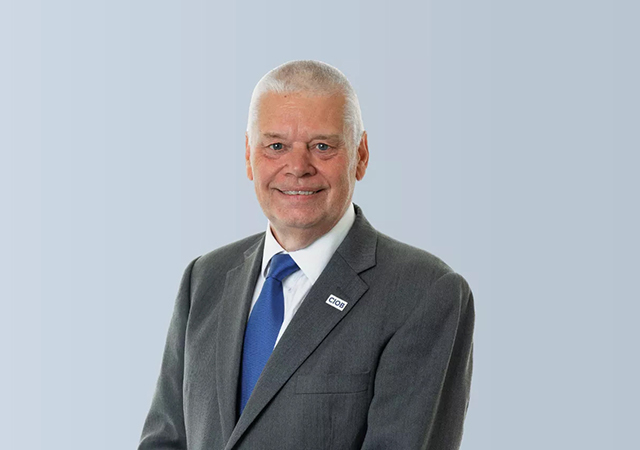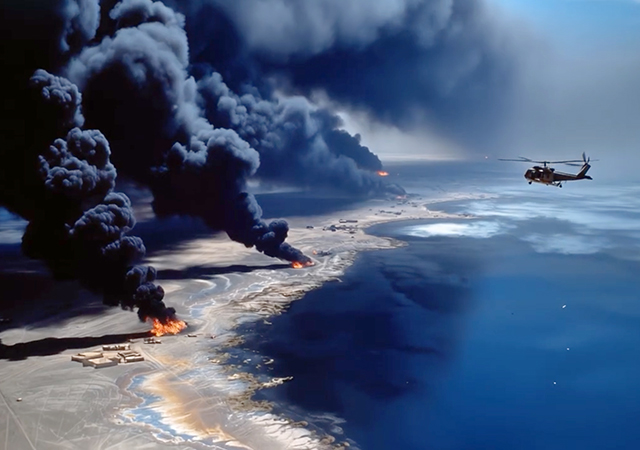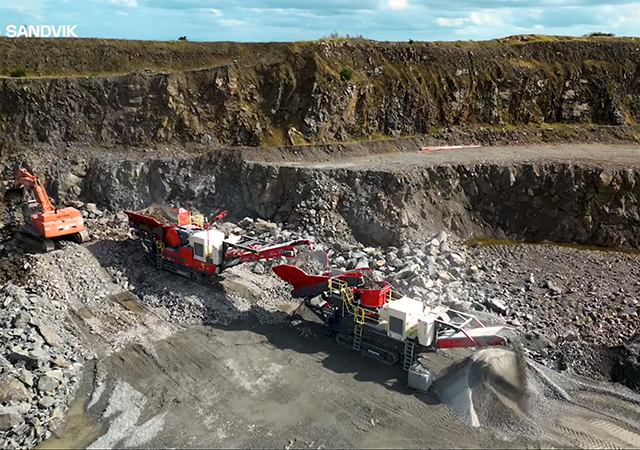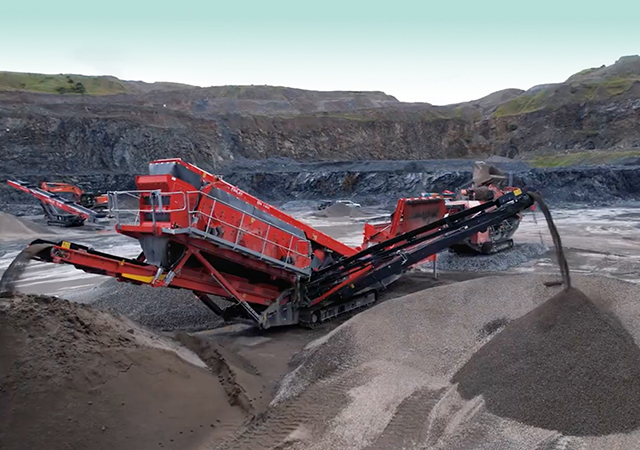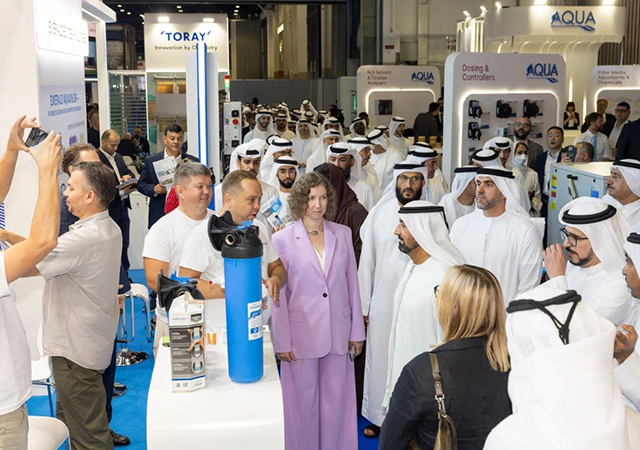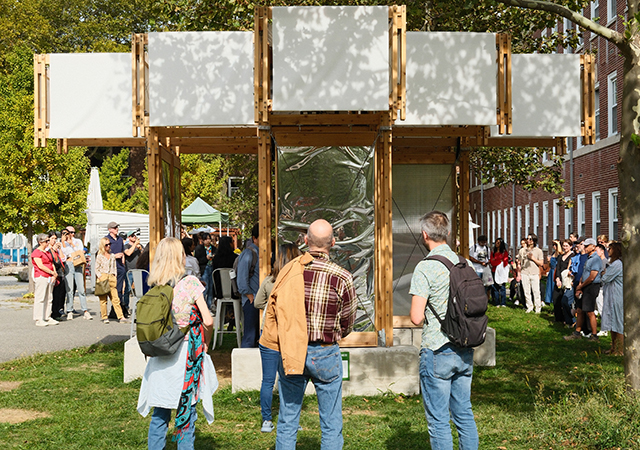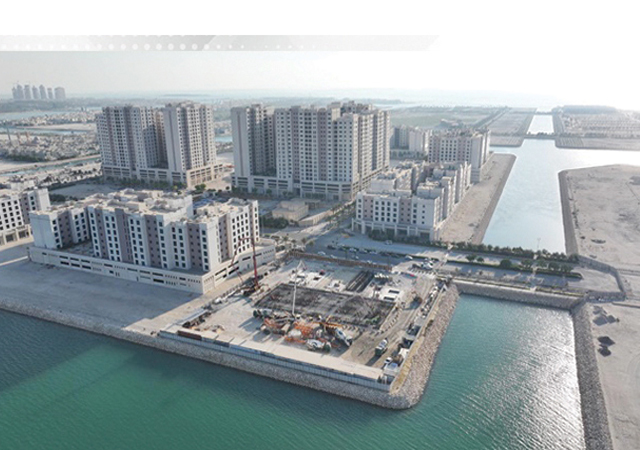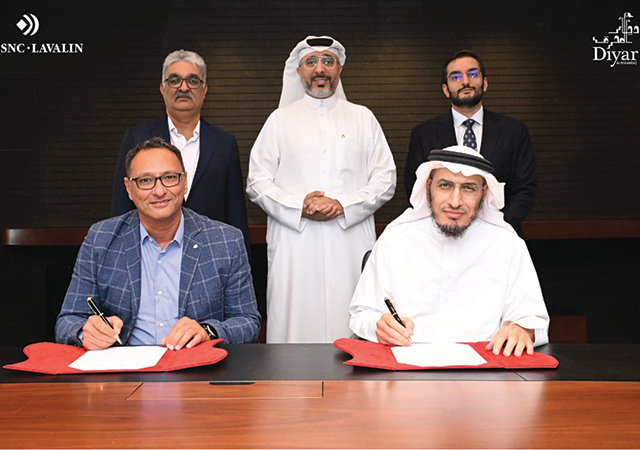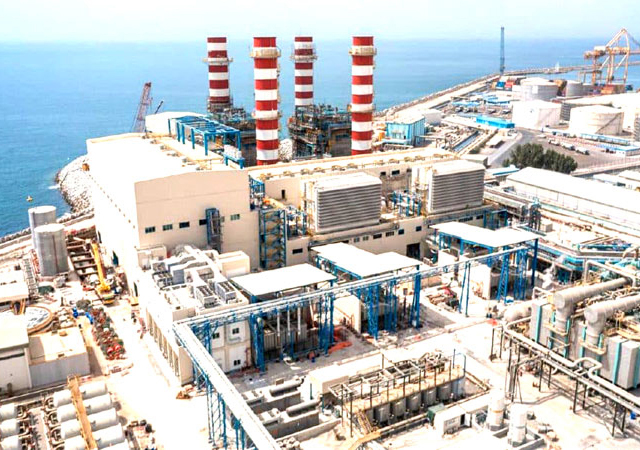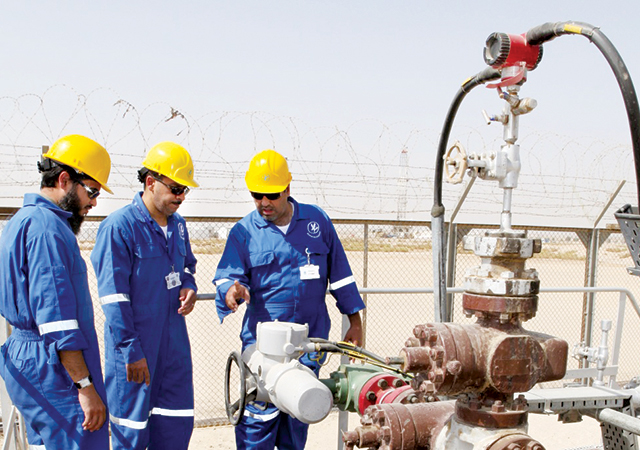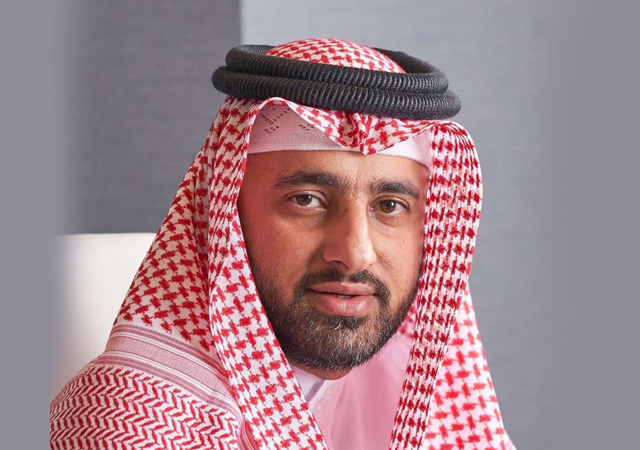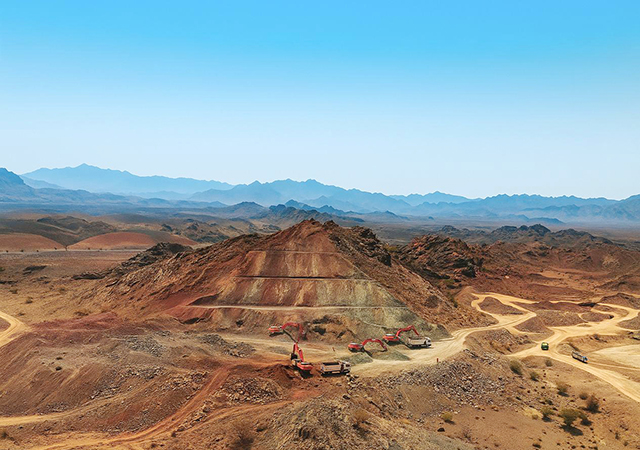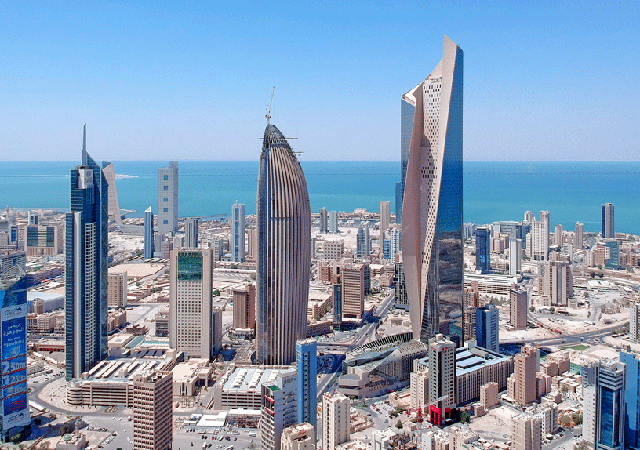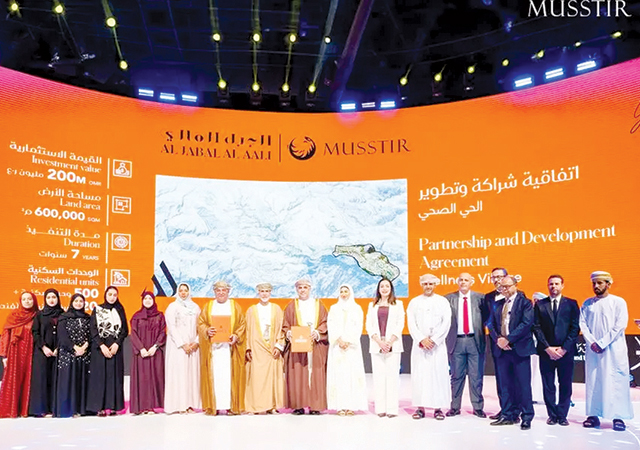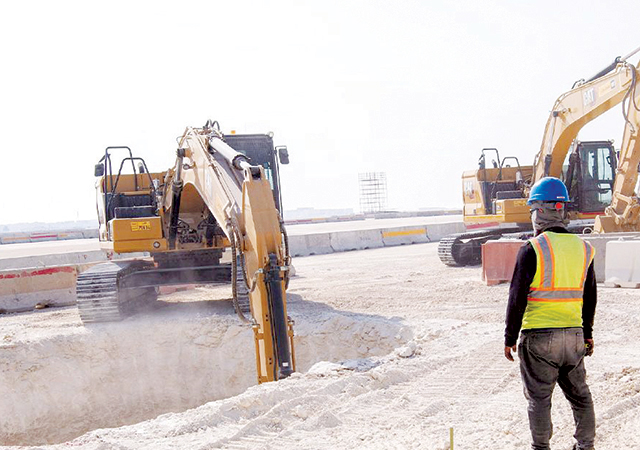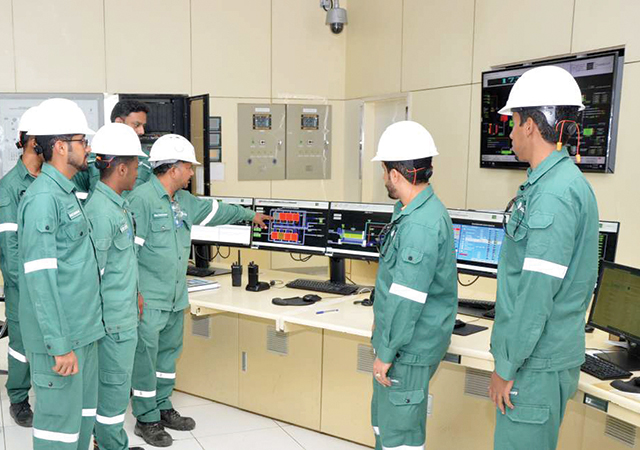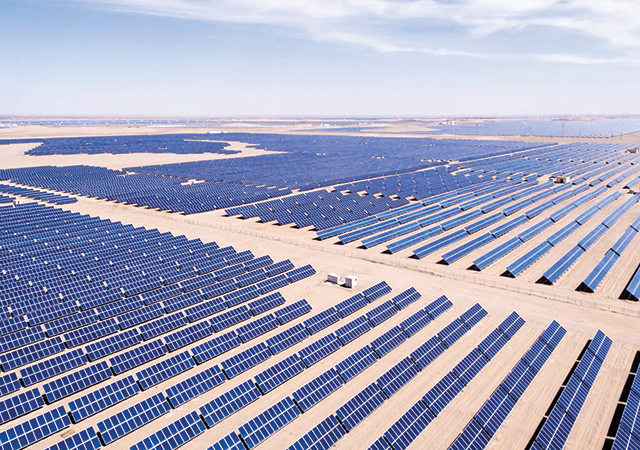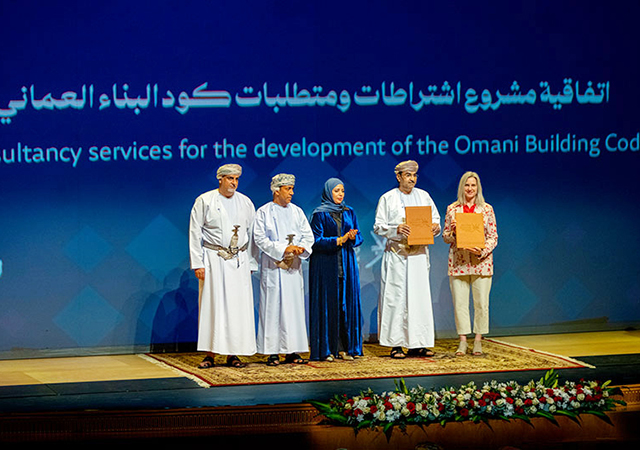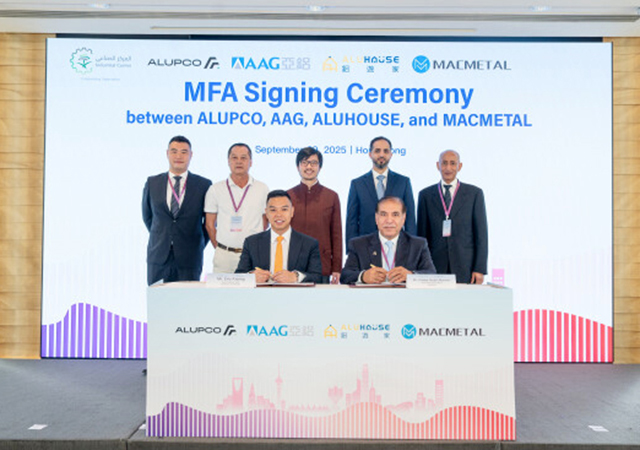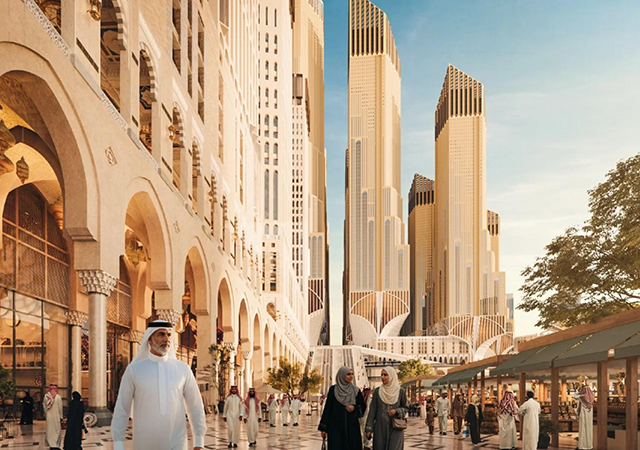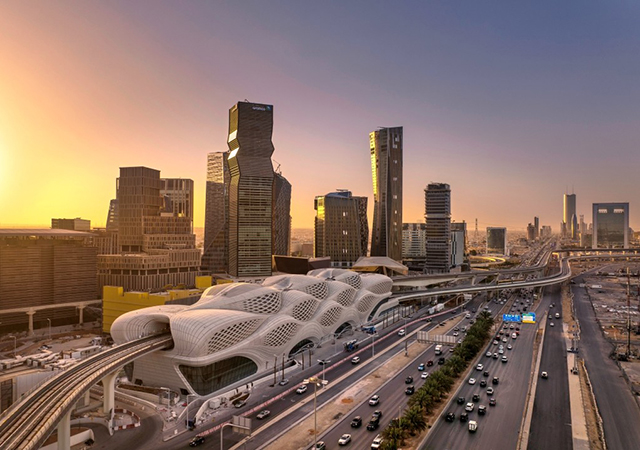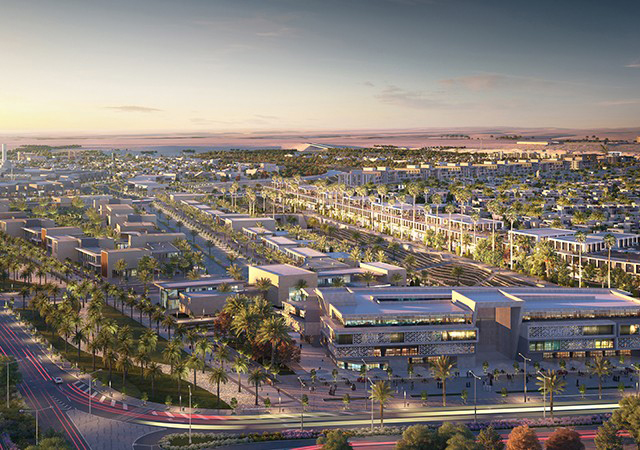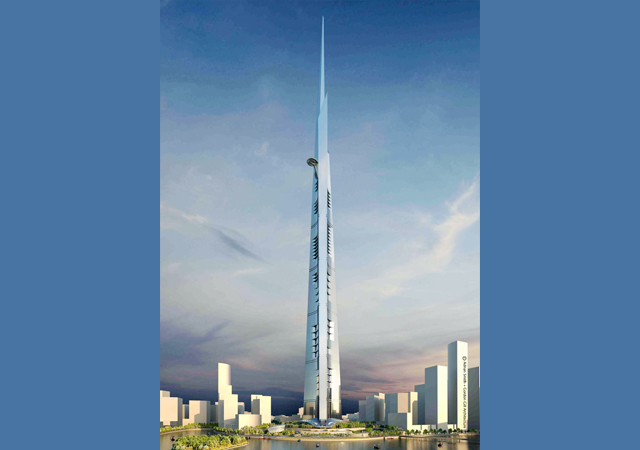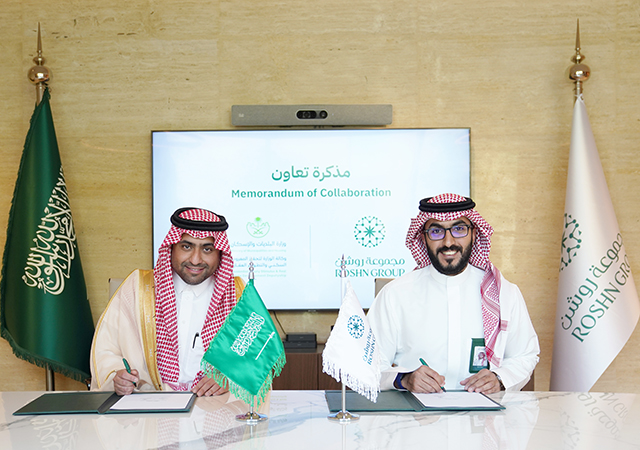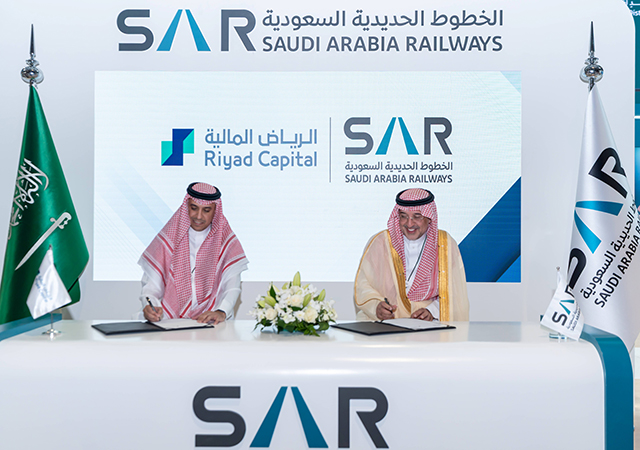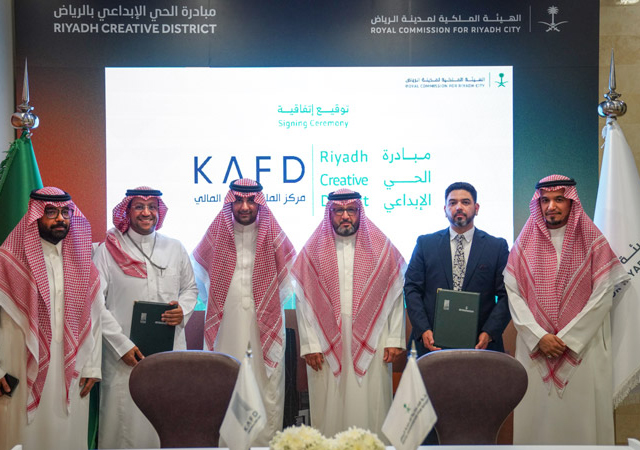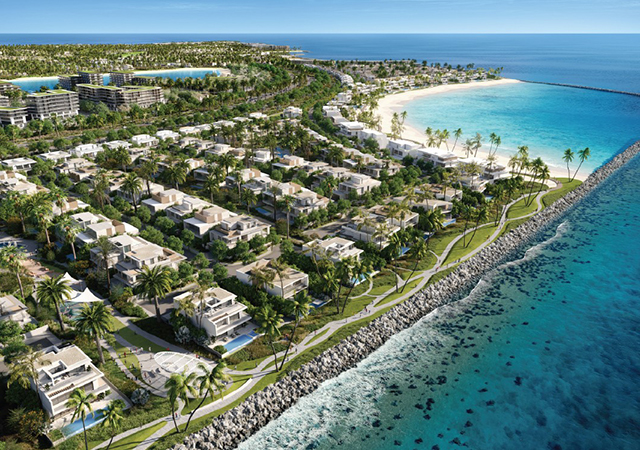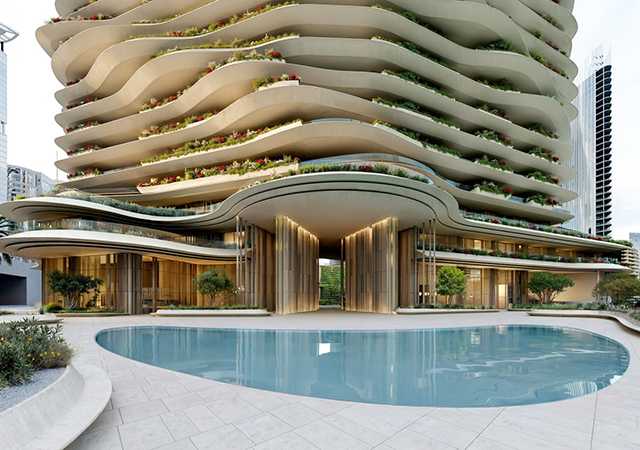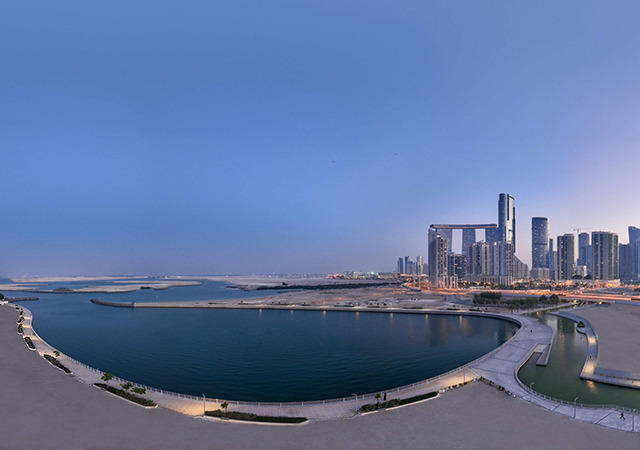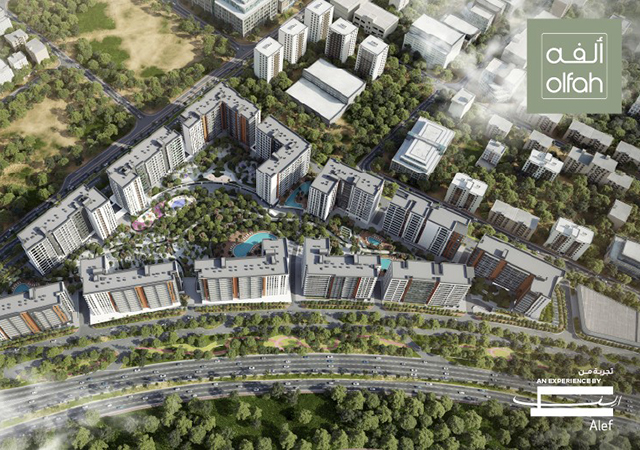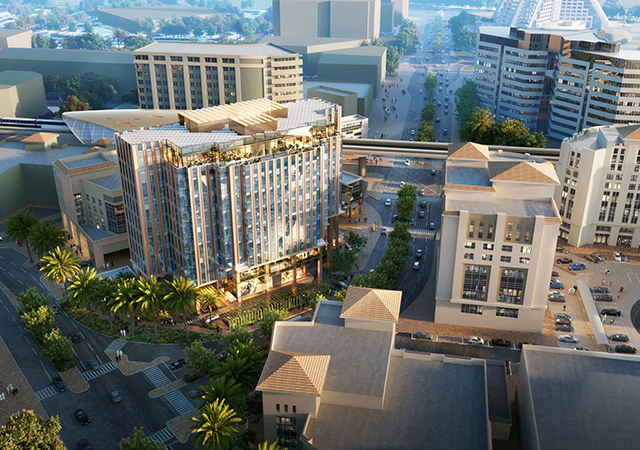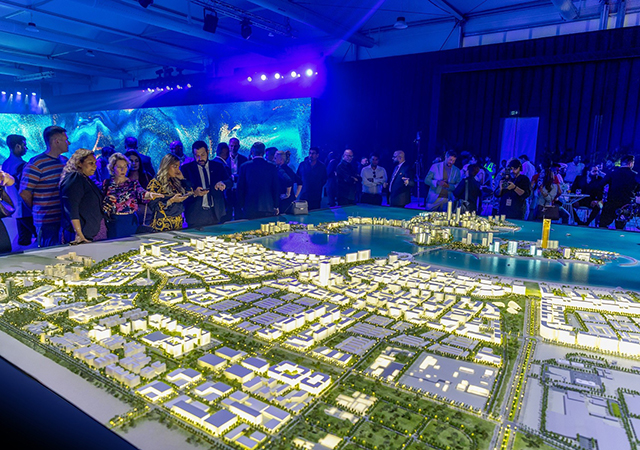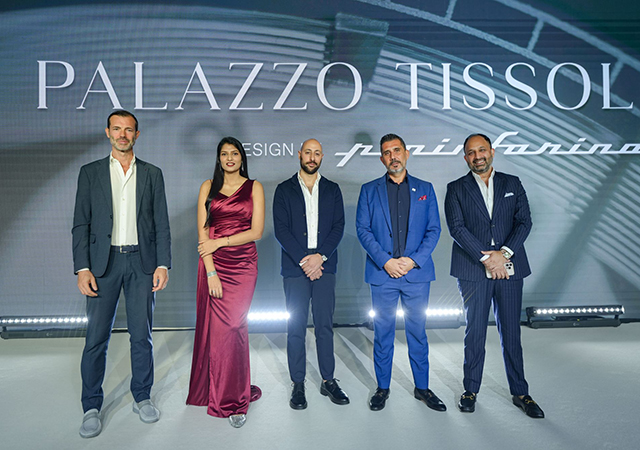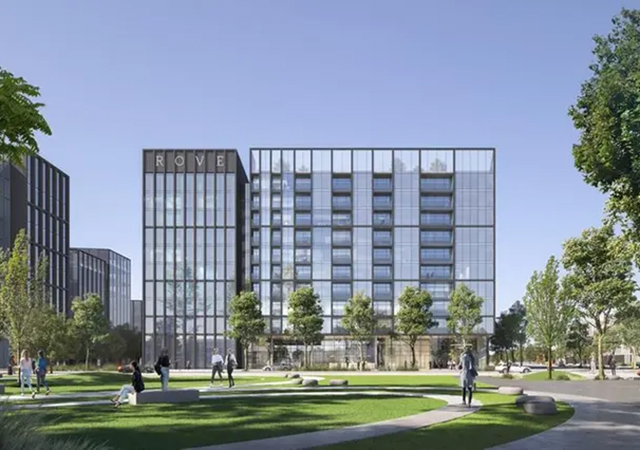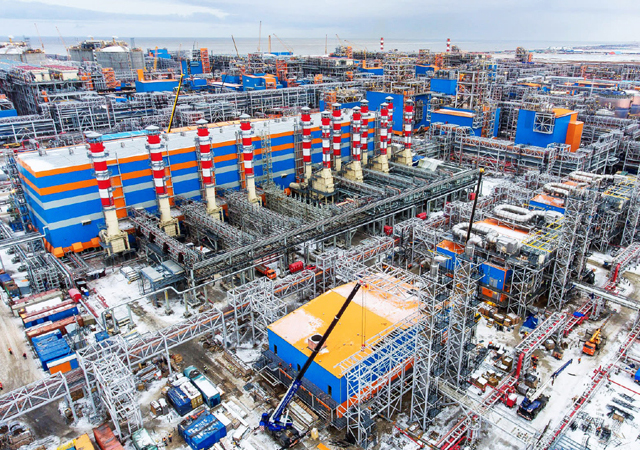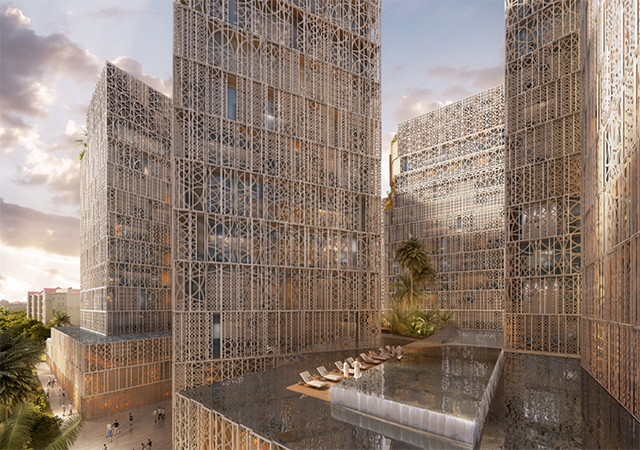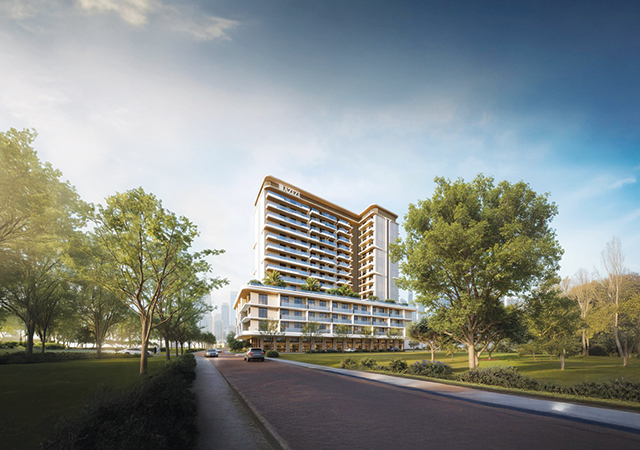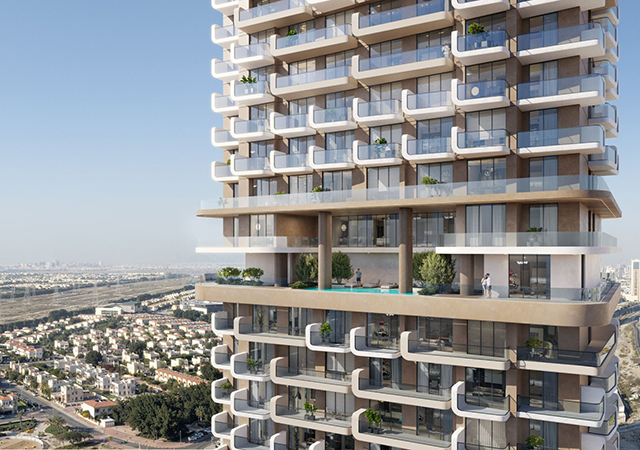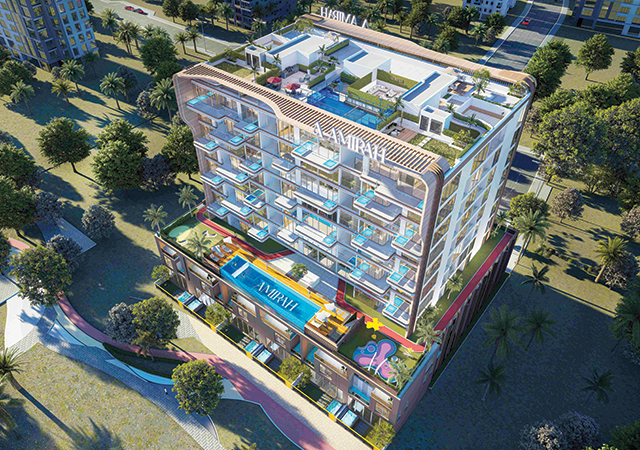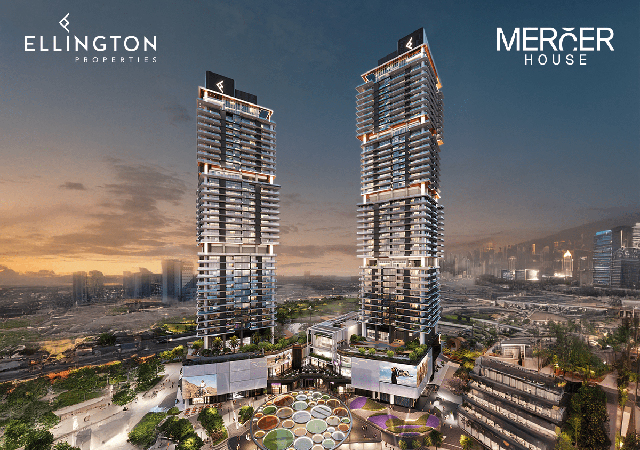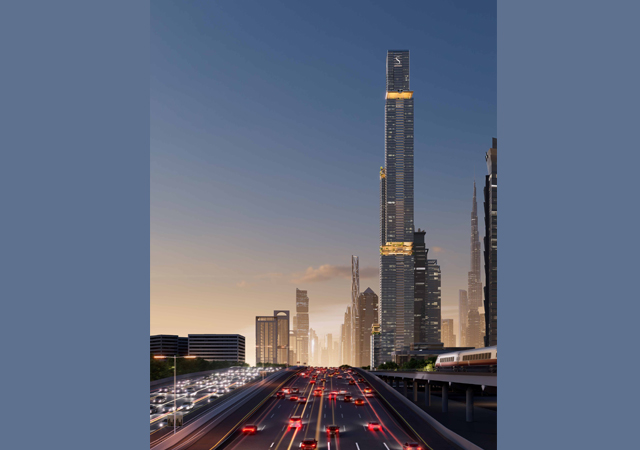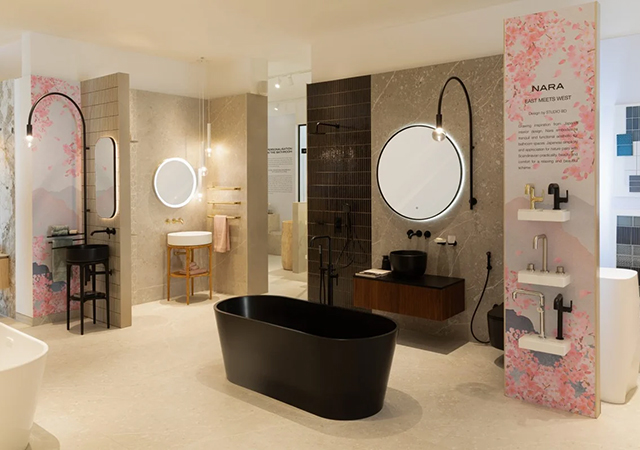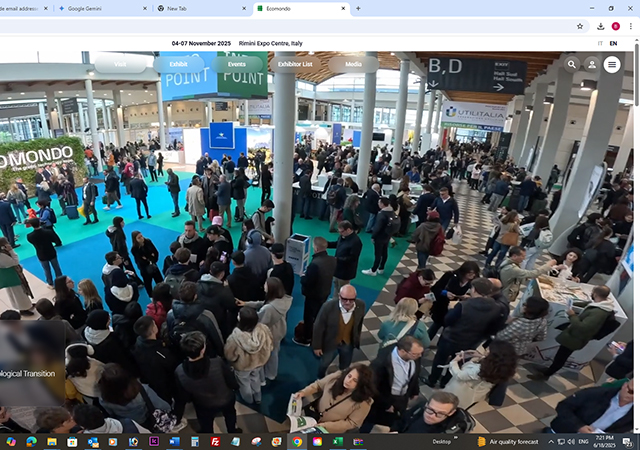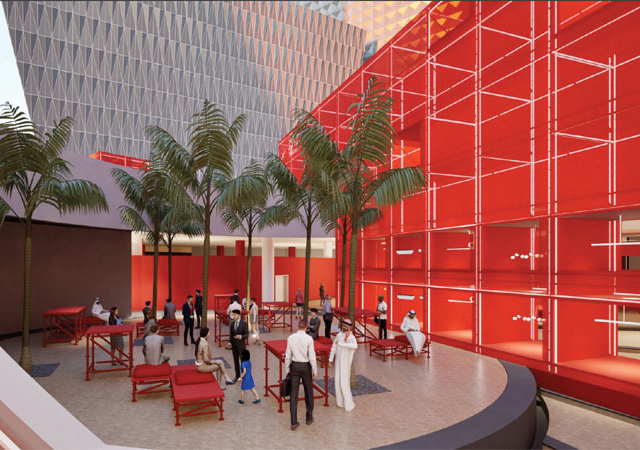
 Sabic's new headquarters... inaugurated last October.
Sabic's new headquarters... inaugurated last October.
With the Iraq crisis moving towards resolution and oil prices remaining high, prospects look brighter for Saudi Arabia. Power and water, petrochemical and industrial projects will be in the spotlight, says CLIFFORD FRANTZ.
Saudi Arabia's building sector is expected to maintain the momentum gained from high oil prices over the last two years.
While there has been a paucity of major projects over the past couple of years and a slowdown due to the Iraq crisis, work should pick up again in the second half of the year. Any slip in oil revenues is expected to be countered by new measures to book revenues and the proceeds from selling stakes in state-owned organisations.
The best news in terms of projects has been the progress on the mega gas deals. Oil Minister Ali Al Naimi has been given full authority to swiftly conclude the multi-billion dollar Natural Gas Initiative with foreign oil majors.
Agreements have been reached with foreign firms on power, water and petrochemical plants associated with the projects.
A leading consultant in the Kingdom says his proposal list is as long as it has ever been but it remains to be seen how many of these translate into projects. A large number of construction projects will come from petrochemicals, oil and gas, water, power, railways and roads, industrial and residential projects. Among the major projects on the horizon are the expansion of the King Abdul Aziz International Airport in Jeddah, the much-awaited coast-to-coast railway, a proposed aluminium smelter and billion-dollar petrochemical ventures.
The Kingdom's long-term electrification plan calls for the installation of around 2,020 MW of generating capacity each year which would require an annual allocation of SR17.52 billion ($4.67 billion) for the power sector. Housing is another area that needs urgent attention, given Saudi Arabia's rapidly growing population.
In addition, maintenance and operation of existing large infrastructure and public sector facilities will continue to provide lucrative contracting opportunities for many years to come.
Additional work is also expected to come in from construction contracts in Iraq. Last month, the Council of Saudi Chambers of Commerce and Industry set up a team headed by Ibrahim Foudah, the executive director of the Saudi Export Development Centre, to list what Saudi firms could carry out in Iraq and follow up legal channels for the contracts.
It is still unclear what stake Saudi contractors will have in the rebuilding of Iraq. Investors and contractors say they are "waiting and seeing" which way post-war Iraq contracts are headed. Building materials manufacturers are anxiously waiting to supply the infrastructure projects which are likely to come out first from Iraq - followed by essential facilities such as hospitals and schools.
"Civil work in Iraq is expected to cost $120 billion. It remains to be seen how much of this will go to Saudi and regional contractors," a leading Saudi economist says. "While most of the contracts will go to Western - mainly British and US contractors - it seems highly likely that regional building materials suppliers will grab a large share of the subcontracts."
Saudi Arabia, which budgeted a $10.4 billion shortfall for 2003, is set to post a huge surplus of more than $13 billion on soaring oil prices and high output. Revenues were budgeted at SR170 billion ($45.3 billion) and expenditures at SR209 billion ($55.7 billion).
Saudi Arabia's construction sector makes up a major portion of the economy, though its contribution towards gross domestic product has fallen since the boom of the 1990s. A report from the National Commercial Bank (NCB) said the sector's GDP grew by 5.8 per cent in 2000 and by 3.1 per cent to SR43 billion in 2001. Citing figures for the first nine months of 2002, the report said that around 900 construction contracts were awarded during the period with a combined value of SR12.7 billion, including large contracts in the fields of electricity, road building and industrial projects. The bank estimates that the sector is likely to show a five per cent growth in 2002.
A clear indicator of the level of construction was the consumption of cement, which increased by 13.8 per cent to 20.93 million tonnes last year. The surge pushed the eight cement factories in Saudi Arabia to their combined production capacity. The Saudi cement industry also achieved a 10-year-high export target of 5.5 million tonnes of cement and clinker together in the same year.
Power & water
Power plants are set to be a mainstay of projects in the Kingdom with an estimated 11,000 MW of new capacity planned shortly. Since the start of the year, the Saudi Electricity Company has awarded several transmission and distribution projects and is expected to tender generation work during this year. Major projects include the expansion of Riyadh power plant (PP9), 100 MW upgrades of plants at Tabuk and Arar and the 400 MW expansion of Jeddah power plant (PP3).
The advance on the mega-gas deals projects should spur plans for independent water and power projects.
A national water plan is being formulated by the government to draw foreign capital in water projects. Saudi Arabia is the world's largest producer of desalinated water, contributing 30 per cent of global output. It produced more than 857.4 million cu m of desalinated water in 2001, up 60 per cent from the previous year.
The Kingdom's 30 desalination plants pump almost 600 million gallons (some 2.27 billion litres) of water daily through nearly 3,200 km of pipeline, meeting 70 per cent of Saudi needs for drinking water. The rest comes from underground water.
The state's Saline Water Conversion Corporation (SWCC) plans 20 more such plants with the involvement of the private sector. The corporation estimates desalination projects, including operation and maintenance, will require an investment of SR160 billion over two decades.
Earlier this year, the SWCC commissioned phase two of the SR4.5 billion ($1.2 billion) Shuaiba water desalination and power plant about 90 km southeast of Jeddah.
Among the recent water projects were four contracts worth $191.5 million won by local firms. The work called for the construction of four dams in the south and west of the Kingdom with a total capacity of 750 million cu m. The largest is a $60 million structure near Makkah with a capacity of 250 million cu m.
Health
A rising population - official figures put the number at 23.37 million in mid-2002 - will keep the pressure on the health infrastructure in the kingdom. The indications are that the focus has shifted to projects in interior areas rather than the urban areas following the completion of a number of world-class medical facilities in Saudi Arabia's major cities.
Last October, the Prince Sultan City for Humanitarian Services was opened 30 km north of Riyadh. The SR1.2 billion ($320 million) medical complex is billed as one of the world's largest, offering rehabilitation services to people with special needs.
The same month also saw the opening of two hospitals for the National Guard in the Eastern Province cities of Dammam and Al Ahsa. The 300-bed hospital King Abdul Aziz Hospital in Al Ahsa covers an area of 35,000 sq m. Both the hospitals were built at a total cost of SR750 million ($200 million).
Recently, the government said it would set up 33 new hospitals in various parts of the Kingdom at a net cost of SR814.78 million. These include four 100-bed hospitals in Quwaieyya, Wajh, Tabarjal and Turaif, and 29 fifty-bed hospitals in other parts of the country.
During the first nine months of 2002, the Finance and National Economy Ministry cleared 34 hospital and health centre contracts worth SR834 million.
There are few landmark projects on the drawing board. Among them, however, are a Saudi Health Ministry proposal to build an 800-bed medical complex in Jeddah.
A local firm is carrying out a feasibility study to build two hospitals in Jeddah and Riyadh. The initial investment is estimated at SR150 million, though the entire project will cost SR1 billion.
Other key projects to service the sector are medical waste treatment plants. Saudi Gulf Environmental Protection Company (Sepco) is investing SR250 million ($66.67 million) in three such plants in Jeddah, Riyadh and Makkah. The SR120 million Jeddah project will treat more than 600 tonnes of medical waste daily and is expected to start operations next June. A plant in Riyadh with similar capacity will start follow the launch of the Jeddah facility. The Makkah unit will have a daily capacity of 300 tonnes.
A joint venture between Jeddah Bio City (JBC) and ATI, a French manufacturer of eco-friendly incinerators, will also build a complex for medical waste disposal. The SR20 million ($5.3 million) project on Madinah Road is the first in a series of such developments and will be ready within three months.
Industry
The Kingdom has awarded several key industrial projects during recent months. Plans are moving ahead for one of the largest aluminium smelters in the Middle East. Saudi mining firm Maaden has awarded the US' Bechtel a contract to carry out a 12-month feasibility study on the smelter (see Saudi News page 138).
Much of the work should continue to come from Saudi Aramco and industrial conglomerate Saudi Basic Industries Corporation (Sabic).
Last month, Saudi Arabian Fertiliser Company (Safco), a unit of Sabic, signed up Germany's Uhde to build a giant fertiliser plant in Jubail (see page 137).
Another German firm, Linde, has signed a cooperation deal to set up a $4.07 billion petrochemical complex in Jubail for the privately-owned Project Management & Development Company.
Linde was also awarded a $93 million lump sum contract last year for construction of one of the world's largest air separation units by National Industrial Gases Company (GAS), an affiliate of Sabic. The unit will be constructed at Jubail and is scheduled for completion by late 2004.
Private industrial ventures are also ongoing. Saudi Polyolefins Company - a 75:25 joint venture between the local National Petrochemical Industrial Company (NPIC) and Basell - said construction work is gathering speed on its proposed SR2 billion polypropylene complex in Jubail.
Among other ventures, Riyadh-based Al Saif Development Company has been awarded a SR133 million ($35.4 million) contract to build a new cheese factory in Al Kharj for Almarai Company Limited.
Roads & railways
News is awaited on the proposed billion-dollar East-West railway project. Eight international groups were short listed for the financial consultancy contract by the client, Saudi Railway Organisation. The consultancy contract involves drawing up plans for the projects, inviting tenders from international and local firms for the construction of the railways, and carrying out studies on privatising the railway.
The winning contractor will carry out the 1,600-km rail project on a build-operate-transfer (BOT) basis and will be granted a long-term concession. The main project involves adding a 950-km rail link between Riyadh and the main commercial port of Jeddah on the Red Sea.
This will complete the rail link between the country's east and west coasts through the existing 450-km link between Riyadh and Dammam on the Gulf coast. Another 570-km rail link is planned between Jeddah and the two holy cities of Makkah and Madinah. The line will also extend north to Yanbu.
Last month, the government approved plans for a third 115-km railway to link Dammam with the industrial city of Jubail. The construction is expected to commence within two years and the railways will be ready three years later.
Major road projects planned by the Kingdom include the 826-km Qassim -Madinah-Yanbu-Rabigh expressway which is estimated to cost about SR3 billion ($800 million). The expressway, to be built in three phases, is expected to speed up the transportation of goods from Yanbu Industrial City and King Fahd Industrial Port in the city to other parts of the country, especially to Madinah, Qassim and Riyadh.
The new expressway will be one of the main arteries linking various parts of the country. Sources at the Communications Ministry say the project is likely to be given to the private sector.
Airport
A major civil project finally moving ahead is the expansion of Jeddah's King Abdul Aziz International Airport. Bechtel has been chosen as project manager, and an engineering, procurement and construction (EPC) contractor should be picked by the year-end. The SR5.5 billion project involves the construction of two new terminals, passenger lounges, setting up 25 air bridges and a car-park.
Tourism
Ambitious tourism goals being set offer ample opportunities for contractors. The Kingdom hopes to bolster the industry from $9.64 billion a year to $22 billion within the next 20 years. The Supreme Commission for Tourism aims to raise visitor numbers from the current 20.8 million to 44 million during this period.
To meet the projected demand, the commission envisages that about 50,000 hotel rooms and 74,000 more apartments have to be built over the next 10 years. Saudi Arabia already has 95,000 hotel rooms.
On the flip side, local hoteliers are trying to persuade the Ministry of Commerce to stop issuing further licences for hotel projects. The hoteliers cite a recent study that suggests that occupancy rates have fallen below break-even level. The study attributed the slump to poor marketing and to overcrowding in most major cities and tourist centres. The investors say they have staked more than SR25 billion ($6.66 billion) in 485 hotels across the country. Nevertheless, a number of hotel projects have taken shape last year. These include the $40 million Al Ahsa Inter-Continental Hotel in the heart of the Al Ahsa business and shopping districts which was opened late last year.
Finishing touches are being put on the Le Majed Meridien Hotel in Makkah. The SR60 million ($16 million) project is being developed by the Al Majed Group's Solidarity Company.
Another project that is expected to get off the ground later this year is a new four-star hotel in Madinah. The project, commissioned by Al-Rajhi Real Estate Investment Company, will be located some 200 m from the Prophet's Mosque.
Work is progressing on the Hilton Palace in Jeddah, which is now expected to open in mid-2004.
Meanwhile, Le Jeddah Meridien recently launched a year-long multi-million-dollar renovation project that will see the hotel upgrade several of its facilities.
Other leisure projects include a $160.5 million Equestrian Club Complex in Riyadh.
Major development projects continue to boost the number of residential and commercial buildings in the Makkah and Madinah area to cater to the demands of the millions of pilgrims who visit these two holy cities.
Work is progressing on the Ajyad Castle project in Makkah. A $390 million contract was signed between an alliance of Aref Investment Group and International Ejarah and Investment Company and the Bin Ladin Group for the landmark Zamzam Tower project. The project, being built on a build-operate-transfer (BOT) basis, will comprise four residential towers containing 5,500 apartments.
Another massive commercial and residential project in Makkah is the Jabal Khandama Development, which has been designed to accommodate about 50,000 pilgrims during the Ramadan and Haj periods. The estimated $100 million complex will be built on a hill overlooking Al Haram and will eventually comprise hotels, apartment buildings and villas.
Among other projects, extensive work is under way to develop Jeddah corniche on Saudi Arabia's western coast, while in the Eastern Province work is under way at Al Khobar Corniche, where the Water and Sewage Authority is building a water tower on an artificial island. The tower-cum-restaurant, estimated to cost SR80 million ($21 million), will have a revolving restaurant at the top, and is expected to be completed in a couple of years.
Other recreational facilities being set up are a skiing centre, an anchorage for boats, a sailing club, a games facility and a commercial centre in Al Khobar.
Commercial & residential projects
Among the largest building projects completed last year was the new Sabic headquarters in Riyadh. The project was inaugurated last October as part of the Saudi industrial giant's 25th anniversary celebrations.
Based in the Kortoba district of Riyadh, and occupying a massive 284,500 sq site, the headquarters building is a major landmark on the highway leading from the King Khalid International Airport to Riyadh city.
The 16-storey twin towers represents the new face of Sabic. Facilities include multi-storey parking for 1,500 cars, basement parking for senior executives, gymnasium, swimming pool and squash and volleyball courts for employees. The complex also has its own sewage treatment plant and a warehouse building.
A 34-storey high-rise is on the cards for Dammam. The Al Dhahran Tower will cost Dh75 million ($20 million) and will be the tallest structure in the Saudi city. The residential apartment complex will have seven apartments on each floor and will be surrounded by a green landscaped park. Designs have been completed by the Dubai-based Space Consult.
A major growth area is the development of shopping malls which are sprouting up in all the major cities of Saudi Arabia. Work is under way on the Granada Mall, which is expected to be the capital city's largest mall. The SR400 million project, spearheaded by the General Organisation for Social Insurance (Gosi), is expected to be completed in mid-2004. Located near the Dammam-Riyadh Highway, the mall has been designed to serve the growing domestic tourism market.
Work was launched last month on the Centria mall which is located at the intersection of Olaya Main Road and Mohammad Bin Abdul Aziz (Tahliya) Road, almost midway between the Faisaliah Center to the north and The Kingdom Centre to the south (see separate report, page 152).
Also on the drawing boards for this central location in Riyadh are plans for the Al Anoud Tower, which will comprise a four-star hotel, commercial and office spaces (see separate report, page 149).
Construction work was completed early this year on the SR54 million Tahliya Shopping Centre in Jeddah.
Housing, sewage & drainage
The Municipal and Rural Affairs Ministry has implemented civic projects worth more than SR22 billion ($5.86 billion) during the past two years. These projects comprise 3,000 housing and commercial plans with 230,000 housing plots.
A number of private sector initiatives are also under way to develop housing compounds in the Kingdom. Among the major developers in this sector is the Kingdom Holding Company which last month announced that it will expand its Kingdom City in Riyadh (See Saudi News, page 138).
In addition, last November, Prince Alwaleed bin Talal, chairman of the Kingdom Holding Company, said he would finance the construction of 10,000 houses for Saudi Arabia's poor over the next 10 years. The first lot of 1,000 houses is due to be built this year. The rising population is fuelling demand for housing projects. The ratio of urban population to total population is swelling. The three most populous areas are: Makkah/Jeddah, Riyadh and the Eastern Province. Nearly half the kingdom's population is concentrated in the combined Makkah/Jeddah and Riyadh regions.
This has intensified the pressure for wastewater and civic amenities in these areas, notably Jeddah. Last year, the Binladin Group won an SR25 million ($6.66 million) contract to design and build a new reserve dam on a wastewater lake near Jeddah. The new 400-m dam will hold 40 million cu m of sewage and is to be sited six km away from the existing one. The municipality has also signed an agreement to establish a wastewater treatment plant near the Briman Lake. The plant will have a daily capacity of 30,000 cu m. The SR13.1 million contract was won by Dallah Maintenance & Operation.



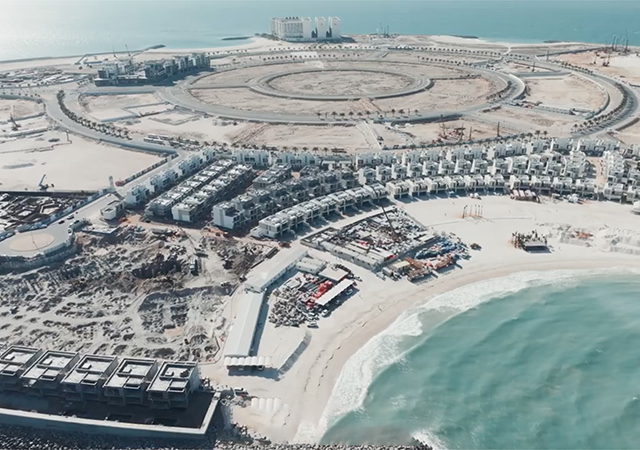

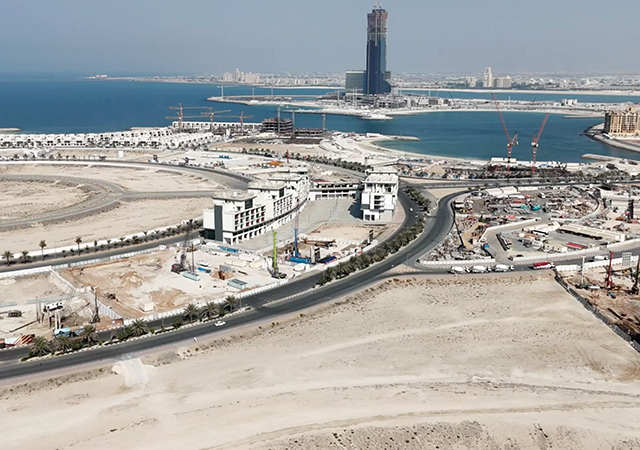
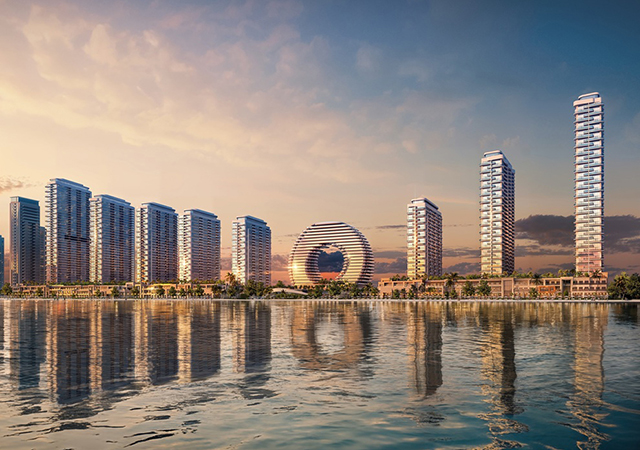
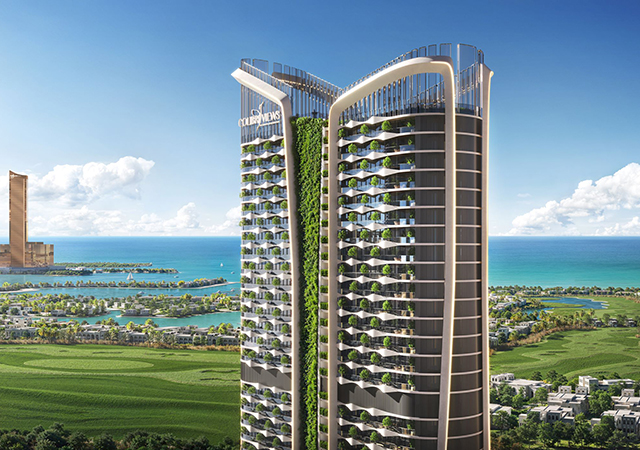
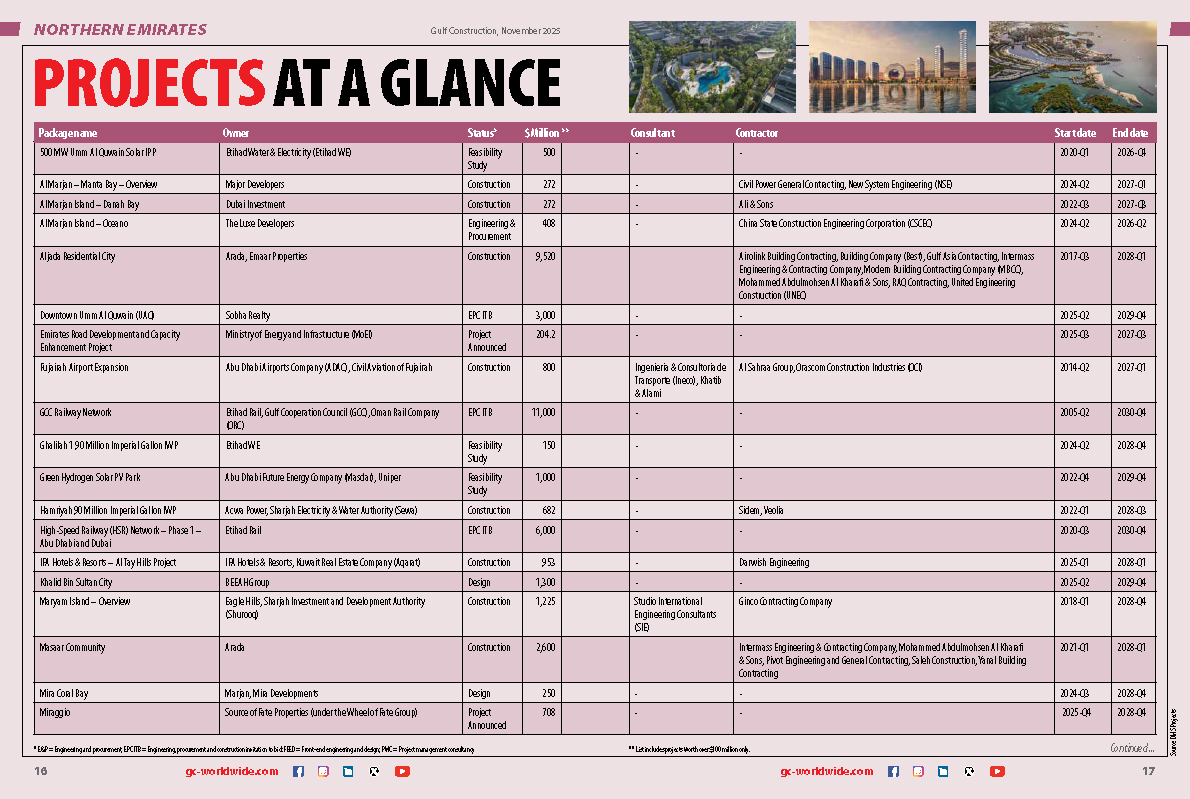
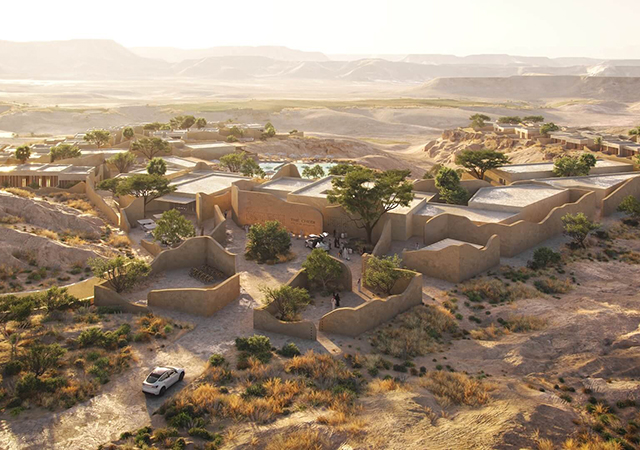
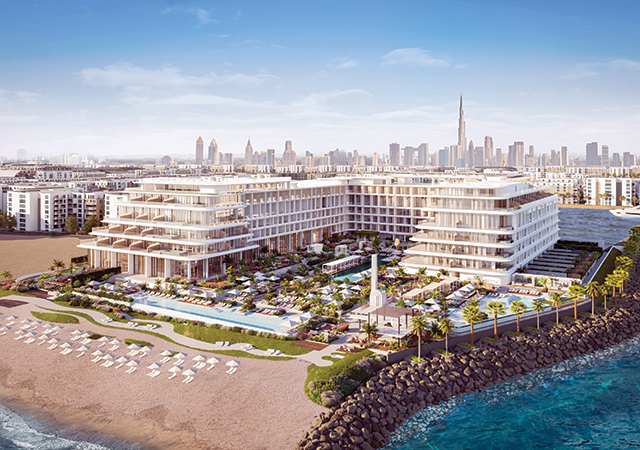
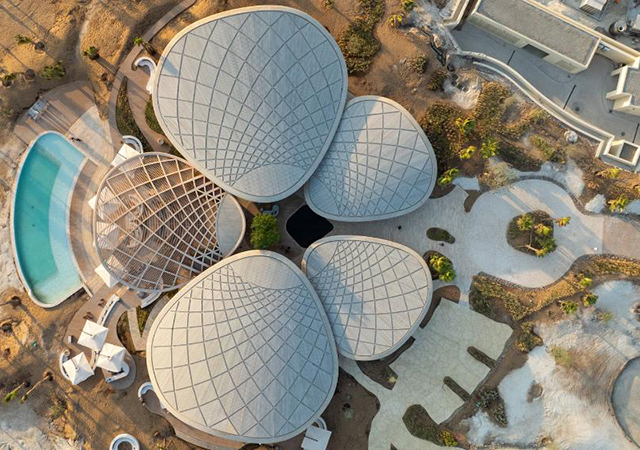

(5).jpg)
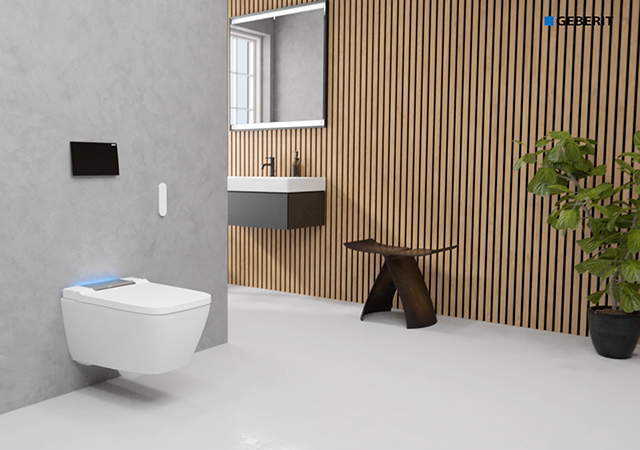
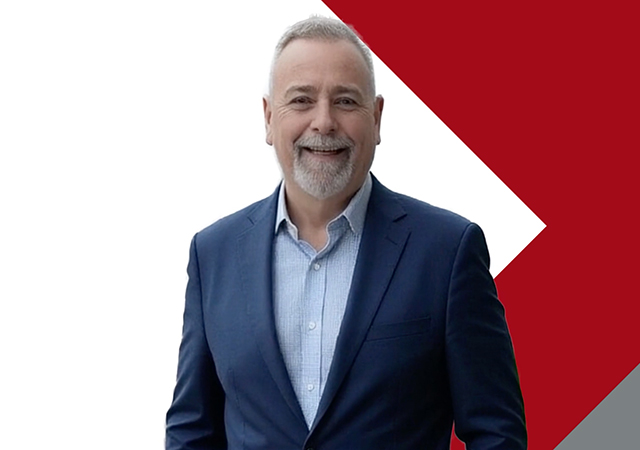

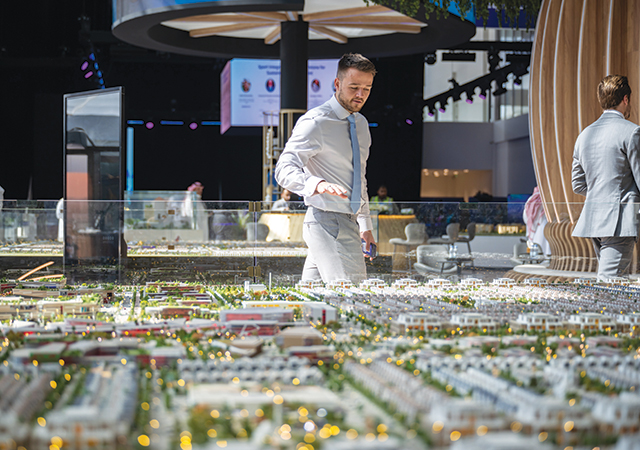
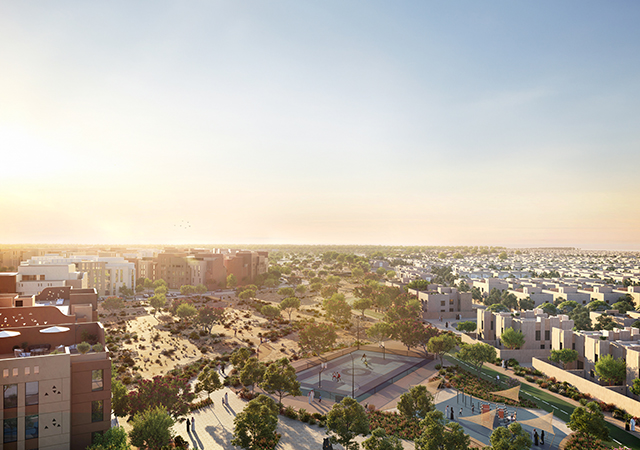
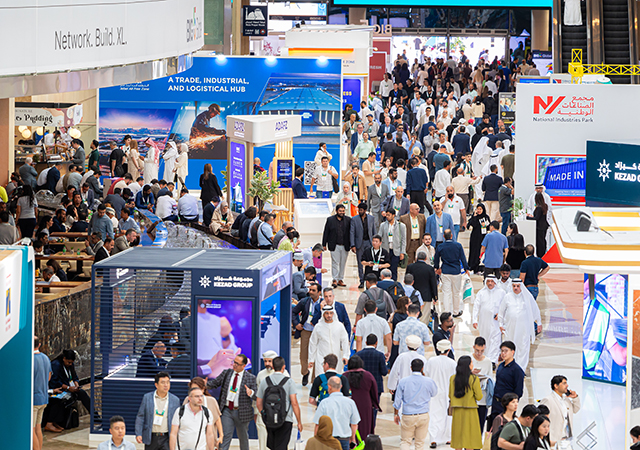
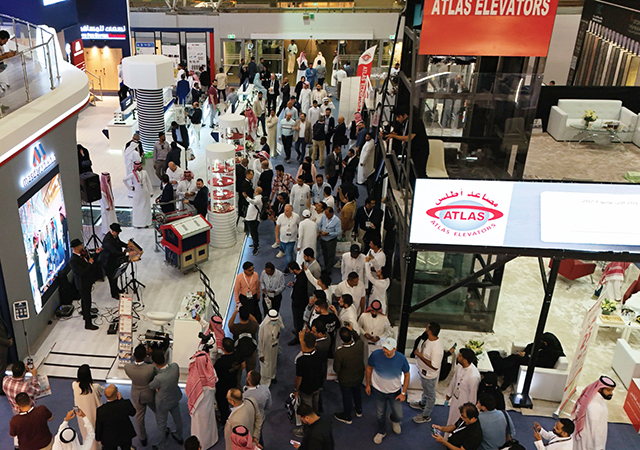
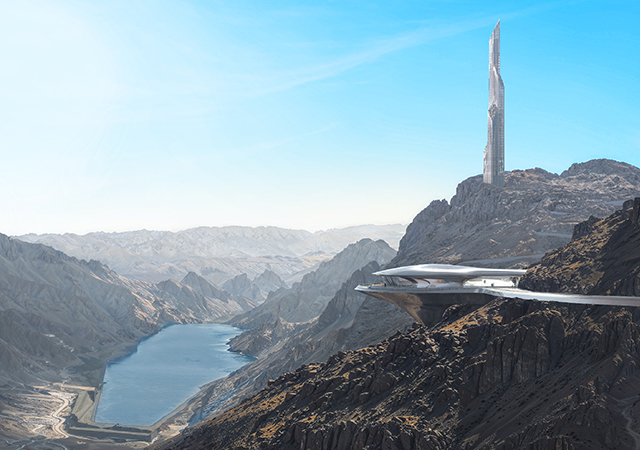
.jpg)
